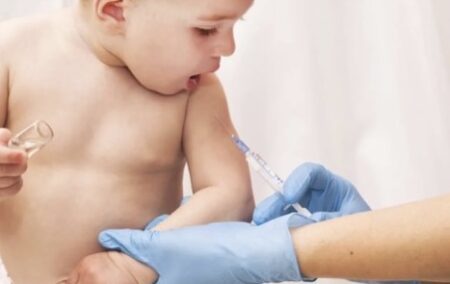Last week the World Health Organisation (WHO) issued an emergency disease outbreak alert following reports of acute hepatitis in the UK, Europe and US in children aged between 1 month and 13 years.
Although millions of people are diagnosed with acute hepatitis yearly, it is rarely found in children. Mild hepatitis is common in children, however, according to Graham Cooke, professor of infectious diseases at Imperial College London, “what is being seen at the moment is quite different”.
Symptoms experienced by those affected have included vomiting, diarrhoea, jaundice, abdominal pain, and in serious cases, partial liver failure. A number of children in the UK infected with the disease have required specialist care with some receiving liver transplants. If left untreated, hepatitis can be life-threatening.
Accurate numbers of infected children have been difficult to come by. Thus far, 74 cases have been reported in the UK and the Alabama public health department says it is aware of 9 cases. Others have been detected in Denmark, Spain, and the Netherlands.
Given the surge in cases in the past month, the WHO has warned that it is ‘very likely’ more cases will be detected.
The outbreak has left health experts grasping for an explanation. The UK Health Security Agency told the BBC that the typical viruses associated with hepatitis (A to E) have not ben detected in any of the cases in the UK.
Experts from the UK Health Agency, WHO, and the Centre for Disease Control suspect that common adenoviruses might be to blame. Children are especially susceptible to adenoviruses which typically cause a sore throat, bronchitis, pink eye, fever, and cold-like symptoms.
Alabama district medical officer, Karen Landers, told STAT News that while adenoviruses likely triggered the acute liver infections, SARS-CoV-2 may have played a secondary role. Lockdowns and mandatory mask use over the past couple of years in Europe and the US has prevented many children from gaining immunity from common germs, resulting in more severe reactions to adenoviruses.
In its report, the WHO ruled out links to Covid-19 vaccines given that very few of the children affected had received a vaccine.

